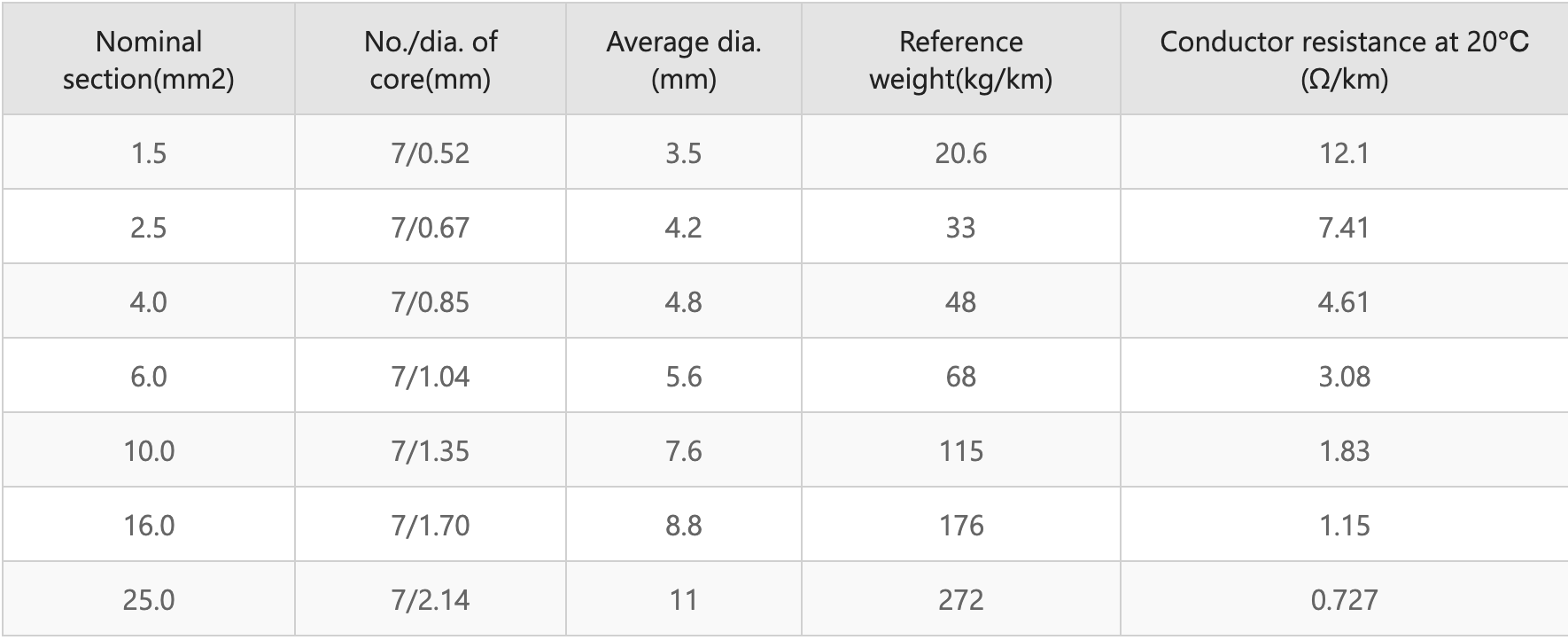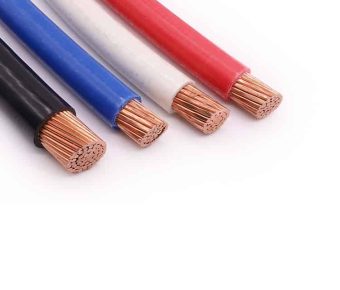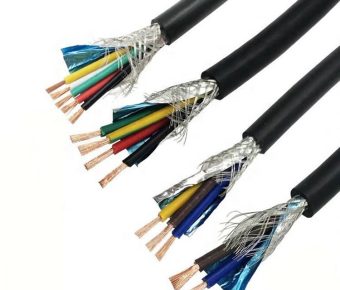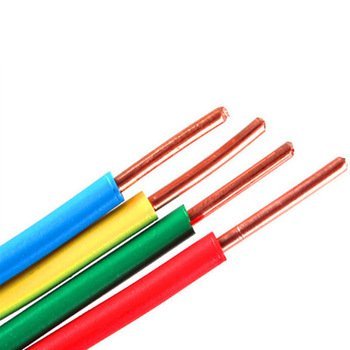- Leading Cable and Wire Manufacturer-ZW
- House Wire
House wire
- According to IEC and GB Standard
- PVC
- Approved by CE, CCC, BV, SGS
- Large stock house wire with different sizes
In the process of home renovation, circuit transformation is an indispensable project. First of all, you need to roughly estimate each circuit’s capacity, followed by purchasing house wires and proper wiring, The suitable arrangement of switches, sockets, and other locations. In general, the more commonly used in home decoration is 1.5mm and 2.5mm cable.
Conductor: Class 1 0r 2
Insulation: PVC
Voltage: 450/750V
Colour: Red, Yellow, Blue, Green, Yellow-Green
Service Life: 70 Years
House Wire: The safety of your house depends on it
Before you start installing house wire around your home, remember that to wire a house for electrical cable is a critical undertaking. It requires delicate decisions, like whether aluminum house wire is best for the task, or whether you should stick to copper wire instead. Other decisions may also determine the success of the project, for instance, whether a 14 gauge house wire is required for a specific wiring application, or whether a 12 gauge house wire is the right choice.
Here are some common questions that come up when deciding how to safely install house electrical wire, and what is the best wire for house wiring.
How to wire a house for cable?
Generally, wiring a house for electricity requires the following steps:
- Review the installation guides for all your lights, appliances and fixtures and determine the total Wattage requirements for the home. Estimate how many kilowatt-hours (kWh) of use are currently planned, and add some more for future extended use. This will help you determine the house wire gauge required to support the house cable you need
- Mark out all the places around the house where you’ll install electrical outlets, power points, distribution boards and modular boards. Now, chisel the walls and make channels to conceal PVC pipes for your 110 or 220 house wire. It’s best practice to shield them in conduits as opposed to laying them naked through dry wall
- Choose the best wire for house wiring for the application. Make sound decisions about whether you’ll use aluminum house wire versus copper. Based on your load calculations (see step#1 above), determine wire gauge requirements – 12 or 14 gauge wire for outlets and sockets, or do you need 8 gauge house wire for specific applications
- Thread the wire from the place where sockets and outlets are marked (see step#2 above), and pass them through the PVC pipes laid out (also see step#2)
- Before threading the cables through the conduits, make sure you choose proper house wire colors to differentiate purpose – e.g., red for mains, brown for earth, white for neutral etc.
- Now’s the time to add accessories, such as dimmers, fan regulators, sockets and switches
These are high-level guidelines to install house wire cable. Of course, it’s always best to work with a professional electrician before you attempt to DIY.
What gauge is house wire?
House wire size is measured in gauge. The most commonly used is 12 or 14 gauge wire for outlets around the home.
Of course, large-load appliances, such as water heaters, central AC and exhaust systems or electric washers and dryers might use 10-gauge, 8 gauge house wire or perhaps 6-gauge wire.
What type of wire is used to wire a house?
The house wire types you use to wire a house depends on a number of factors, such as the type of room in which you want to install the house cable, the function of the wire, or the type of application that room/location must support.
The type of house electrical wire used may also depend on the electrical wiring standards and safety codes imposed by local jurisdictions. The National Electrical Code (NEC) for the United States, the International Electrotechnical Committee (IEC) for the UK and European Union nations, Canadian Electric Code (CEC) for Canada, all determine standards that must be kept in mind when choosing the best wire for house wiring. Not all standards are the same. Therefore, the type of electrical wire used in one jurisdiction, might not work in another.
The house wire types selected may also depend on the house ground wire requirements, which usually differ from the types of outlets the house uses. Typically, one wire goes to support earthing or grounding application. However, house wire colors for grounding might also differ between jurisdictions. Most use brown to indicate earthing function, while some choose green to indicate the same application.
A.How to wire a house
Before you begin your home wiring project, don’t just check out the electrical wire prices and buy the cheapest product available. Do some planning first! Determining the best wire for house wiring requires understanding which location you plan on wiring, and what fixtures, equipment, or devices are to be wired in that location.
Typically, how you install house electrical wire throughout the home will depend on location in the home. Here are some broad guidelines on how to wire various rooms in a typical home:
B.How to wire a kitchen
- In addition to any circuits you need to power fixed points (like lights or emergency power outlets), the kitchen should include at least a couple of 20-Amp circuits to support portable appliances
- If you have outlets just above your kitchen counter, make sure your electrical house wire connects to both those individual 20-amp circuits. No other lights must be powered through those circuits
- Make sure all receptacles above countertops have GFCI protection
C.How to wire a bathroom
- When installing electrical house wire in bathrooms, make sure there are no power receptacles installed directly over showers or bath tubs
- Do not install face-up electricity outlets on any countertops near faucets – such as vanity tops
- Each bathroom should have a dedicated circuit rated 20A
- When roughing-in house wire cable, make sure receptacles on walls are installed at a distance of at lest 3-feet from the basin
D.General guidelines on how to wire light switches
- All living rooms and bathrooms must have lighting outlets controlled by wall-mounted switches
- When preparing your house electrical wire plan, make sure that all lighting outlets in habitable rooms must have switched receptacles. The exception is in bathrooms and kitchens
- If the interior of the home has staircases that are longer than six stairs in length, make sure you run house wire cable to each end of the stairs – top and bottom – at install a switch at each end
How much to wire house?
The answer to this question is: It depends!
Typically, the cost of house cable is determined by multiple factors, including:
- The size of the home
- The number of outlets to wire
- The location where house wire cable must be installed
- The types of use intended for each location or outlet
All these factors must be taken into consideration when answering the question on “How much…?”. However, there are additional factors that also go into the equation. For instance, house wire price might vary depending on the type of wire selected. The cost of using aluminum house wire will differ from copper house wire.
The ease with which an electrician can access areas of the house, when they lay the house wire throughout the building, may also factor into addressing the “How much…?” question. A home with a relatively “flat” architecture might not only require less electrical house wire, but it might also be more accessible for electricians to pass cables through walls and ceilings. Both these factors impact the cost of wiring.
As well, you’ll need to factor the house wire gauge selected for the wiring project. Depending upon your cabling requirements, it might be ideal to use 14 gauge house wire in some instances, while for other projects 12 gauge house wire may be the preferred choice. Typically, house wire price might differ based on the gauge of the wire. Why does gauge matter? The gauge matters because of where the wiring is done, and the purpose of that room or space. For instance, power outlets in bedrooms or closets might not require the use of high-powered equipment, while a work shed or kitchen might. Decisions, such as whether to use 12 or 14 gauge wire for outlets, will vary the cost.
Tips for buying the best house wire
When you have an urgent residential wiring project, it’s sometimes very tempting to buy house wire for sale online, and start wiring the home. Well, sometimes it helps to pause – just for a bit – and understand what’s involved in the project. Doing so will ensure you buy the best wire for house wiring needs of the project.
Another thing that’s important to keep in mind when making decisions about choosing the right electrical house wire for your needs, is pricing. So often, an electrician will see the sticker price of a reel of wire, and decide that it’s cheaper than others available, and buy it. That may be a huge mistake. Making a decision to buy it based simply on the house wire price could end up costing you much more than you know!
Using substandard or underrated house electrical wire, just because it’s a cheaper product, may end up causing house fires. If not that, then the appliances or gadgets plugged into an outlet that someone assumes is wired using 220 house wire, may not actually be rated “220” – causing the gadget to short-out or fuse.
At ZW Cable, we produce a broad variety of electrical wire cable, coaxial cable, and other electrical wiring for various types of projects. Our production process is regulated by a strict in-house quality assurance standard. The house wire we produce meets all popular safety codes, which means you can trust them for all your residential and light commercial use. But it’s not just quality that we bring to your project.
Whether it’s 12 gauge wire that you need, or whether you’re looking for an application requiring 10 gauge wire – our cables and wires are the most cost-effective offering you’ll find anywhere. While you should never make house wire price the only consideration when buying wires and cables; you’ll find it hard to compare our pricing with house wire cable available from our competition. Guaranteed!








